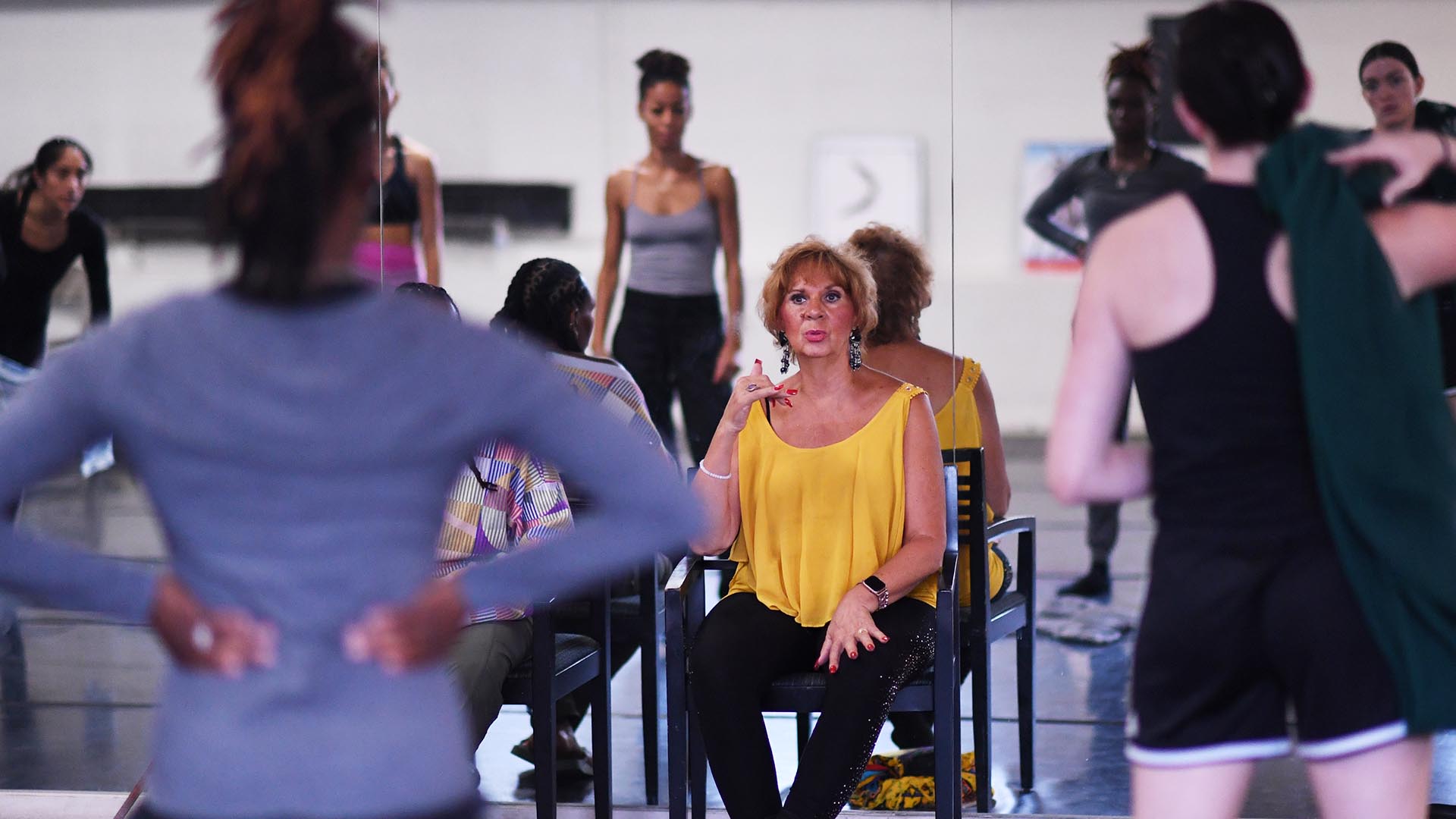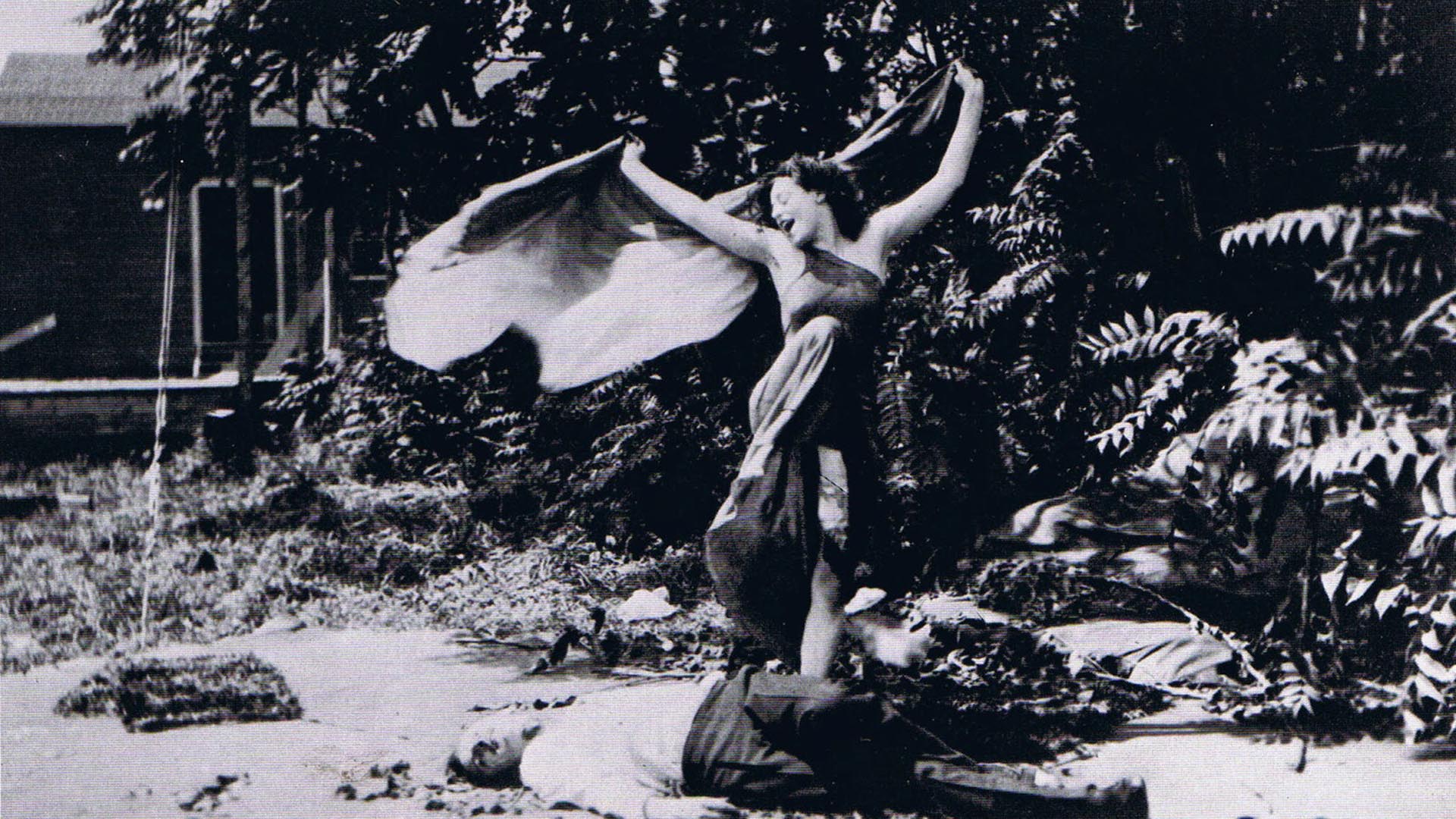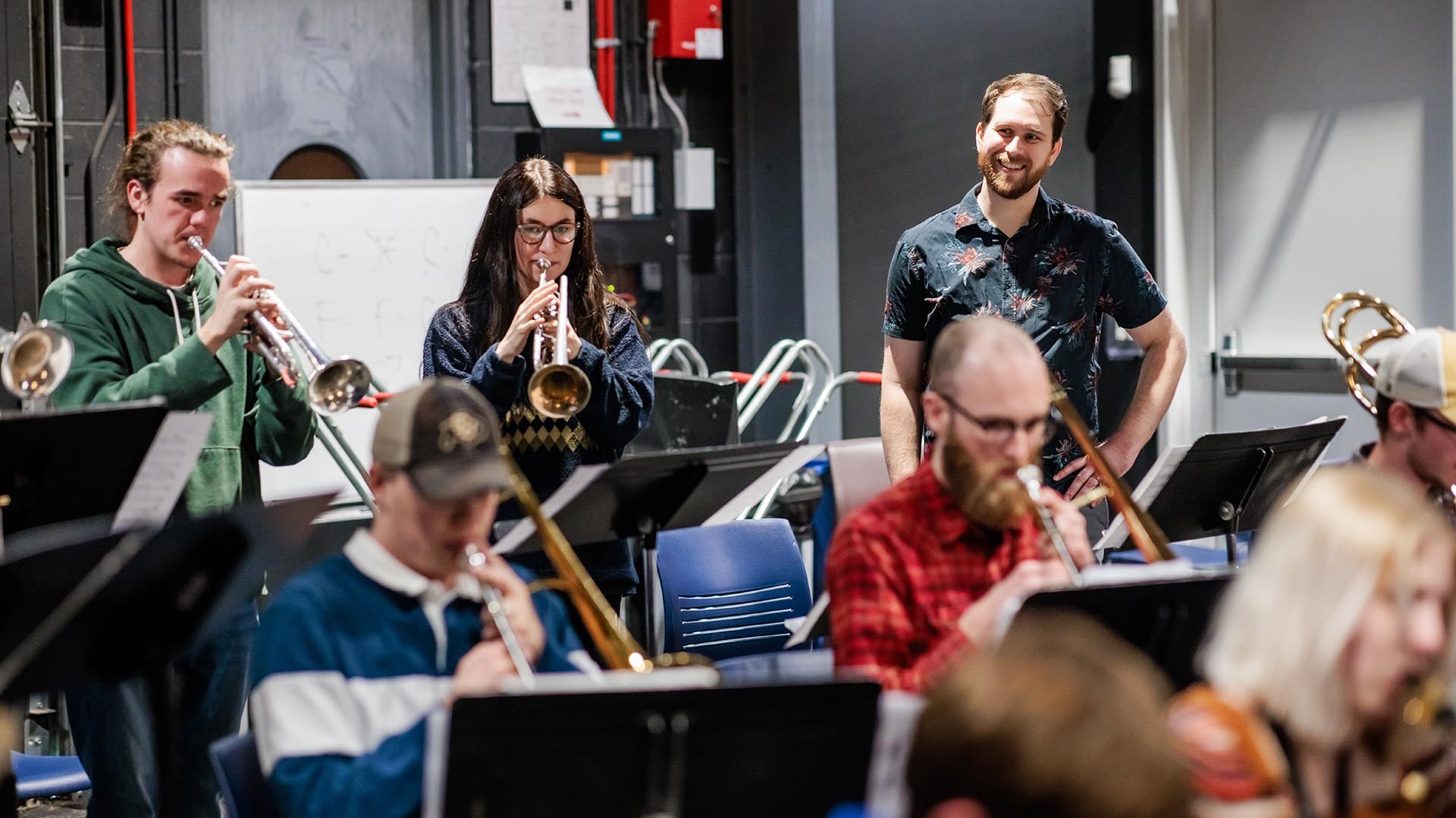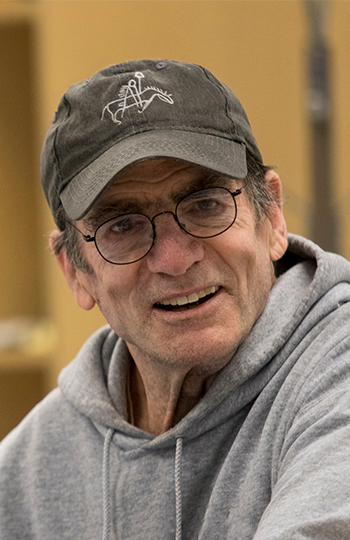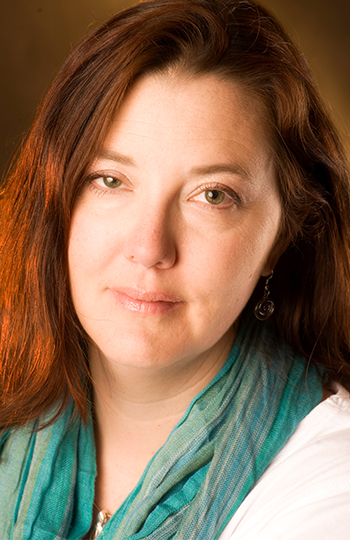Ancient secrets unearthed in Cyprus
A team of students is headed to Larnaca this summer to continue excavating a 2,300-year-old military fort.
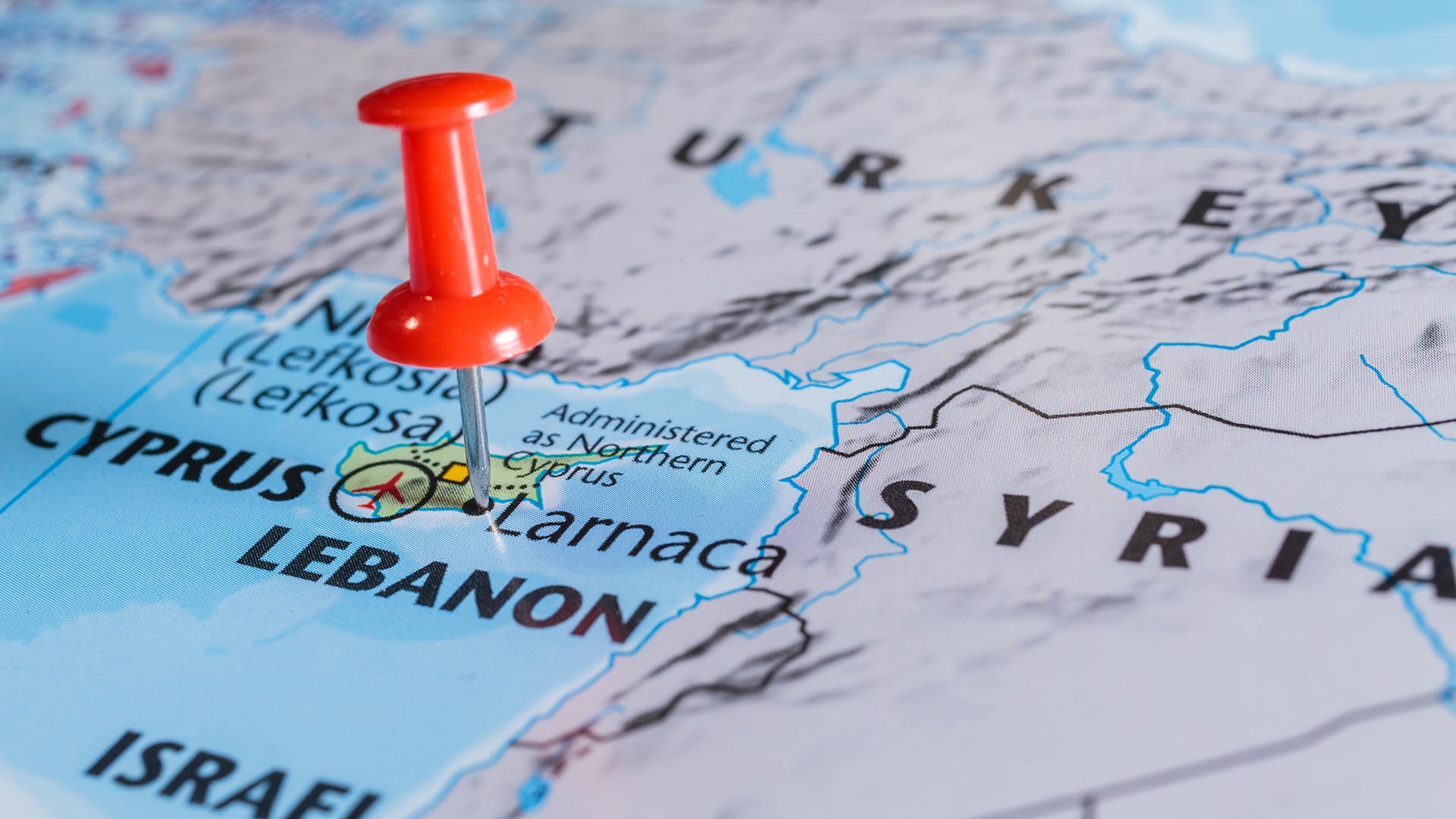
For most college students, a 5 a.m. start to the day is, well, pretty miserable. Yet last summer, a dozen students, including several from Metropolitan State University of Denver, willingly set their alarms for the predawn hour to take part in an archaeological dig in Larnaca, Cyprus. Most say they would willingly do it all again, said project leaders Brandon Olson, Ph.D., and Justin Stephens, Ph.D., faculty members in MSU Denver’s Department of History.
“They were always up and ready to go,” said Stephens. “They told me they were getting value from the work.”
That’s certainly the take from current senior Olivia Robinson, an Anthropology major, who participated in the study-abroad course in 2022. “I had never even heard of Cyprus before the trip,” she said. “But I wanted to get more field experience before graduating and this looked like a good opportunity.”
It was just that. Known as the Pyla-Koutsopetria Archaeological Project, the actual site is called Vigla. Amazingly, it sat nearly untouched for 2,300 years, leaving it in pristine shape for a dig. It served as a military fort from circa 325 B.C. to 275 B.C., and after that, there is no evidence of habitation.
The fort likely played an important role in the wars of succession following Alexander the Great’s death in 323 B.C. By studying the site and unearthing its treasures, the MSU Denver team hopes to make significant contributions to the knowledge base of the Hellenistic Period, which dates from Alexander’s death to 31 B.C., when the last of the Hellenistic kingdoms was controlled by Rome.
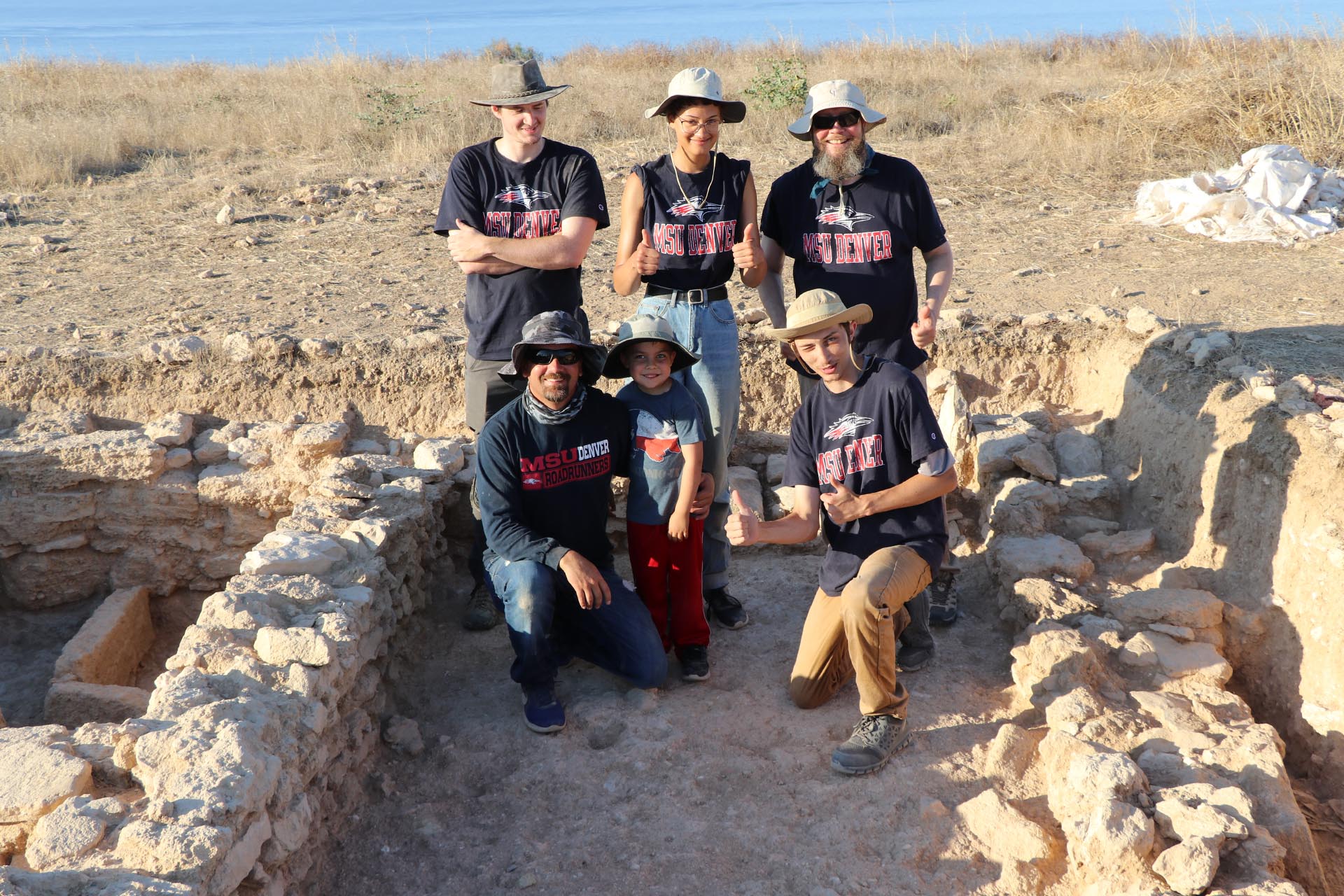
This summer’s trip will span four weeks, as it has in the past. However, the 2023 version promises to bring more students into the fold as it gets back to size following the pandemic. Eleven MSU Denver students will participate this year, along with others from Reed College, Boston University, the University of South Carolina and the University of Michigan.
Each of the MSU Denver students attending the dig will take a three-unit class in Archaeology while abroad, and Stephens also teaches them a History class on the weekends as they travel around the island to visit other archaeology sites. This was a highlight for Robinson last summer.
“The weekend trips were really fun,” she said, “and they gave us a good understanding of what was happening at other sites.”
RELATED: After a two-year hiatus, study-abroad and long-distance travel opportunities are back
At the Vigla site, Robinson was particularly interested in the vast quantity of pottery the team turned up. “I’ve done field work in Golden before and found one tiny piece of pottery,” she said. “In Cyprus, we found bucketsful. It was a very cool experience for me.”
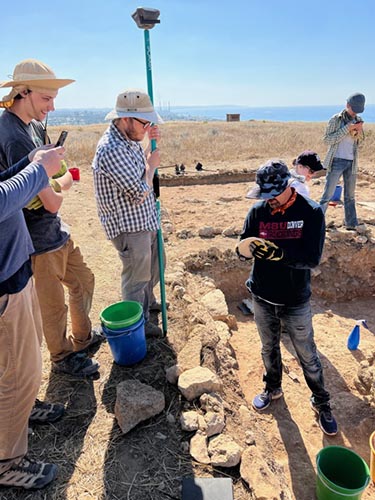
Pottery is just part of what the team has uncovered in its prior visits. In excavating fortification walls and entire rooms and chambers, the team over the years has discovered coins, weapons, dog bones and complete bowls. “There’s evidence of conflict, which may speak to efforts to take over Alexander (the Great)’s kingdom,” Stephens said.
Some of the team’s findings have already led to publication in high-impact journals and presentations at academic conferences, as well as in more consumer-facing publications. “The work has really allowed us to create history from the data we’re collecting at the site,” Olson said.
Olson has been associated with the project since 2006, when he attended as a grad student. As part of the 2016 team, he helped develop a new method of excavation that provides 3D imaging of finds. It’s a method that other teams have since adopted. “It’s been a formative experience for me personally,” said Olson, “and now I get to see it do the same for our students.”
Some of the MSU Denver students who have taken part had never been abroad prior to the trip, and it really opens up their worlds and provides them with an appreciation for the past, Olson said. For the three MSU Denver students who participated last summer, the experience was life-changing.
“They had such a good trip that word about the opportunity this year spread like wildfire,” Stephens said. “I’m excited to take a full group this year, and I’m hoping that we can get enough funding for next year to allow even more students the opportunity to go.”
With the early-morning start, which allowed the team to beat the summer heat, students usually had afternoons free to explore the island and soak up the local culture, food and more. Robinson loved it all.
“The trip solidified for me that archaeology is what I want to pursue as a career,” she said. “It gave me a really great understanding of field work, and it was incredibly rewarding.”
Contribute to MSU Denver Digs to help more students travel to Cyprus and participate in the project.


